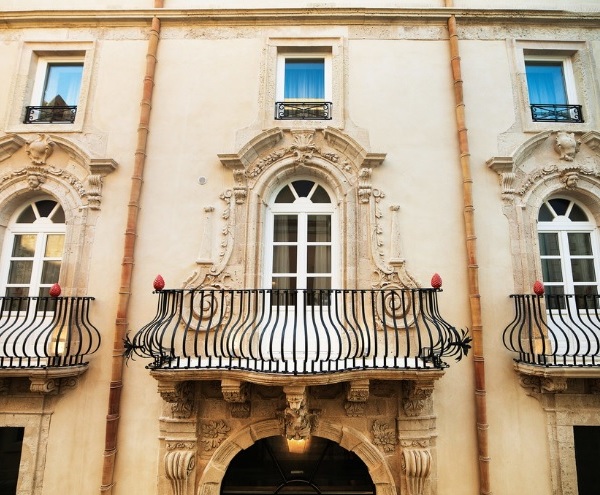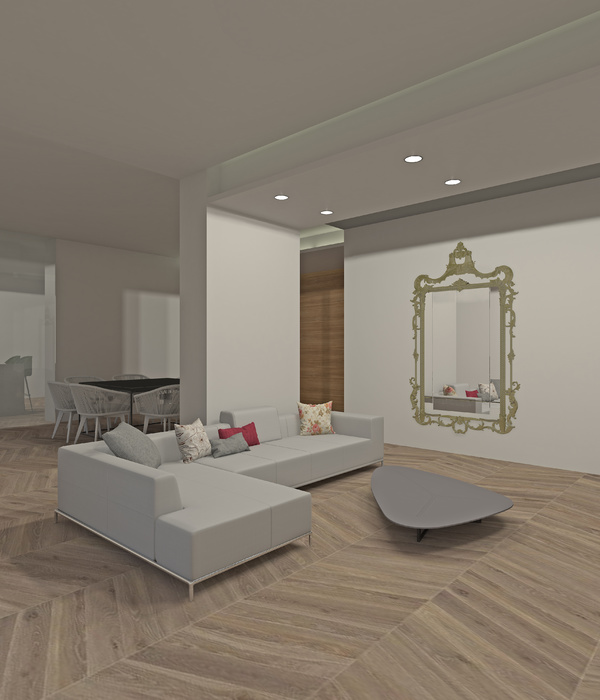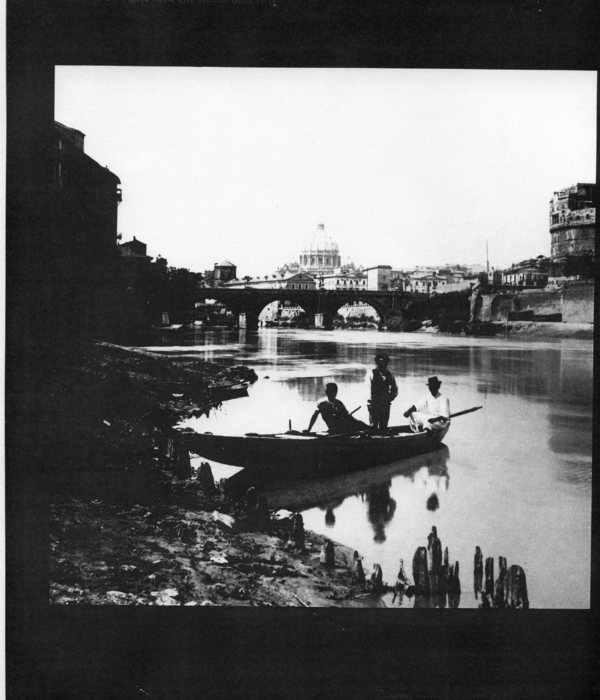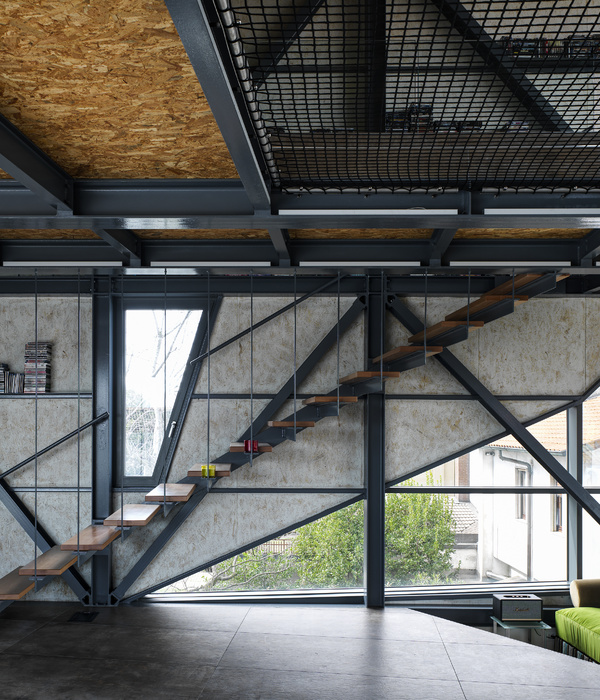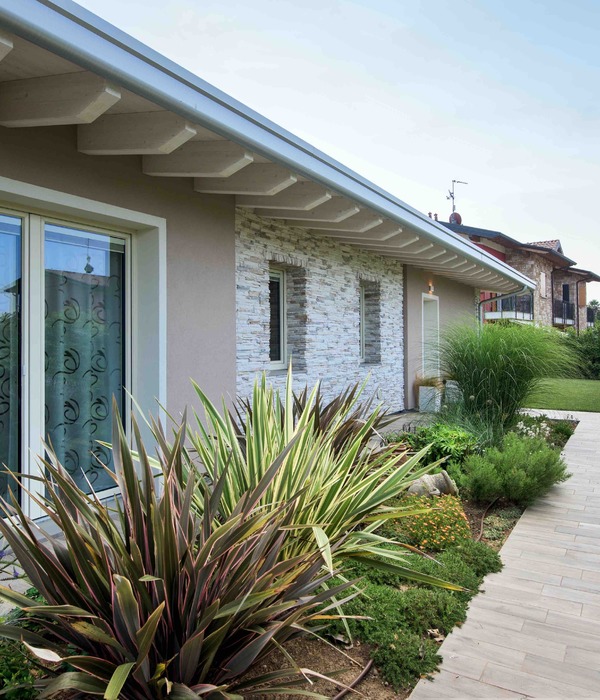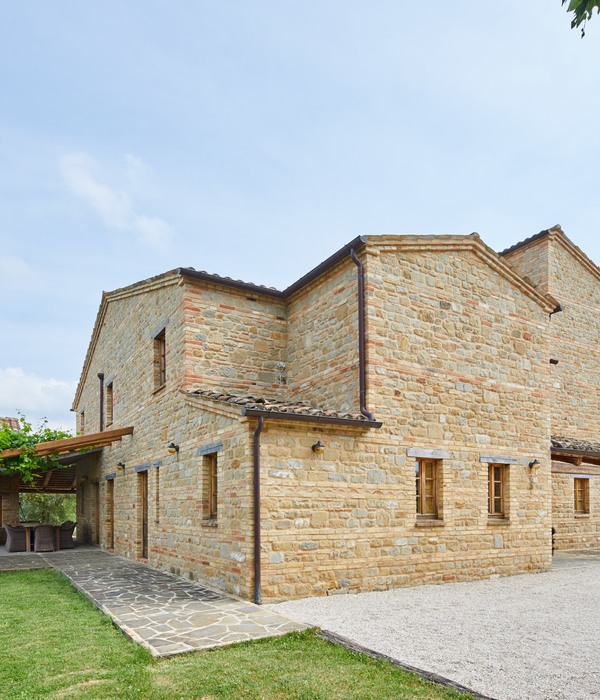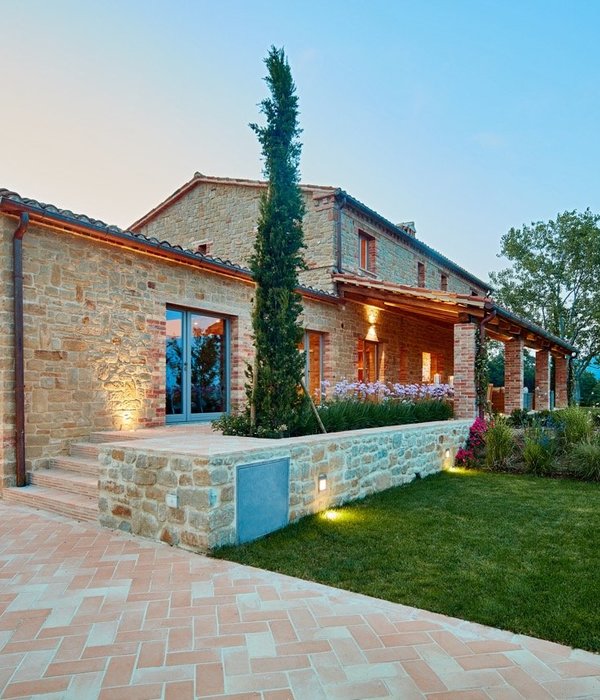对于热带雨林地区的巴西来说,建筑在地性的回归符合当地的文化以及人们实际居住的功能性需求。因而,巴西住宅建筑的实践有别于其他地区同质化严重的国际化风格,走出了一种独特的建筑之路,甚至超越建筑本身,使场地与建筑、景观以及园艺完整地结合在一起。
For Brazil, a tropical rainforest region, the return of architecture on the ground conforms to the local culture and the functional needs of people's actual living. Therefore, the practice of residential architecture in Brazil is different from the international style of other regions, which is highly homogeneous, and has developed a unique architectural path, even beyond the architecture itself, integrating the site with architecture, landscape and horticulture.
Guilherme Torres设计了这座具有代表性的乡村住宅,Jatoba House。建筑由内而外强烈的地方属性体现着热带雨林国家的特色,方盒子体块的形式彼此衔接、错位、咬合,呼应景观和住宅巧妙地融合和渗透,丰富了空间的视觉层次和建筑的体验感。
Guilherme Torres designed this iconic country House, Jatoba House. The strong local attribute of the building from inside to outside reflects the characteristics of tropical rainforest countries. The forms of square boxes connect, dislocate and occlude each other, which skillfully integrates and penetrates the landscape and the residence, enriching the visual level of the space and the sense of experience of the building.
除了建筑、景观和室内的设计,为了契合Jatoba House的主体风格与调性,室内家具设计同样出自建筑师Guilherme Torres之手,整体性的把控使这座乡村住宅具备了独特的品质,构筑了一种融洽、和谐的生活方式和理想状态。
In addition to the architecture, landscape and interior design, the furniture is also designed by architect Guilherme Torres to match the main style and tonality of Jatoba House. The holistic control gives this country House a unique quality, creating a harmonious lifestyle and ideal state.
在Jatoba House的项目中,开放式的建筑布局,使起居、餐厅、厨房、庭院、阳台等各功能空间形成回游往复的行进方式。室内外相互融合,消解了彼此清晰的界限,让实际的空间变得逐渐模糊,强调了建筑的感知和趣味性的体验。
In this project, the open architectural layout makes the living room, dining room, kitchen, courtyard, balcony and other functional Spaces form a way of traveling back and forth. The interior and exterior permeate each other, dispelling the clear boundary between each other, making the actual space gradually blurred, emphasizing the sense of experience and interest of the building.
为了体现乡村住宅的在地性,就地取材的原木和石料,立面肌理以及夯土结构墙等自然材料构成了建筑可视的直观元素。而借鉴建筑师路易斯·巴拉甘的排水做法成为庭院最引人注目的视觉节点,流水倾泻而下,使静态的景观拥有节奏起伏变化的动态韵律。
To reflect the local nature of the country house, natural materials such as locally sourced logs and stone, facade texture and rammed earth walls form the visible and intuitive elements of the building. The drainage practice, borrowed from architect Louis Barragan, is the most striking visual node in the courtyard, with water pouring down to give the static landscape a dynamic rhythm of undulating changes.
{{item.text_origin}}

